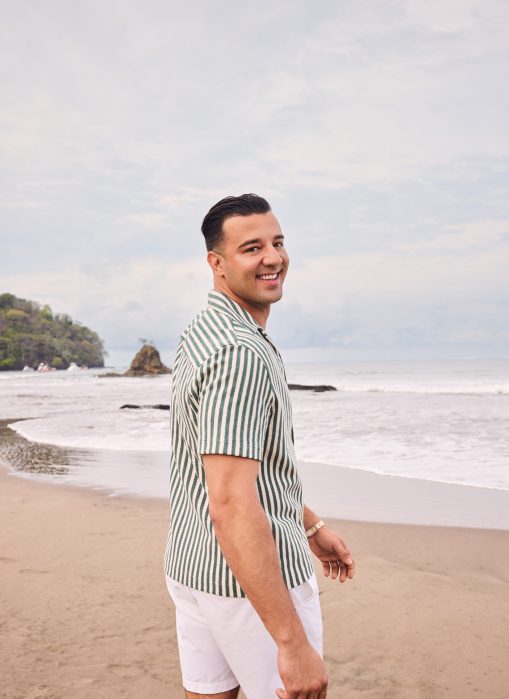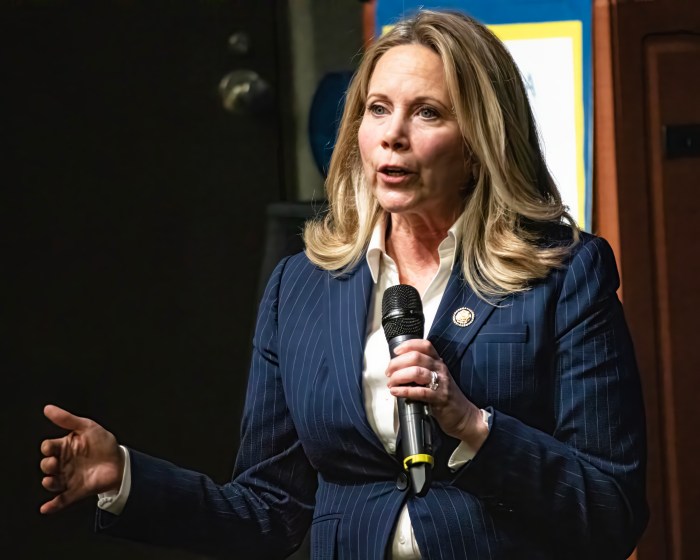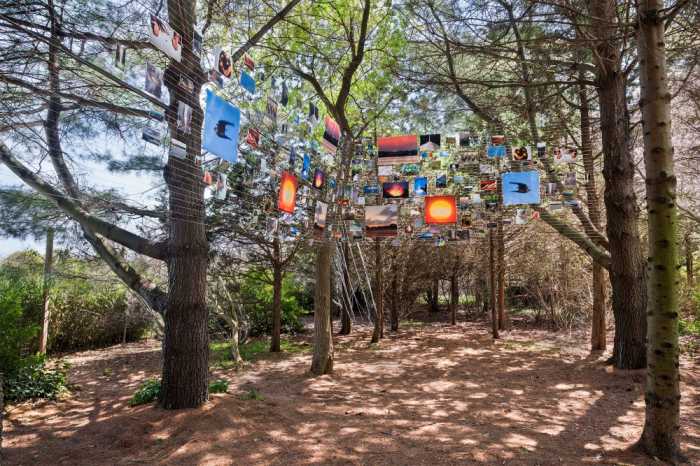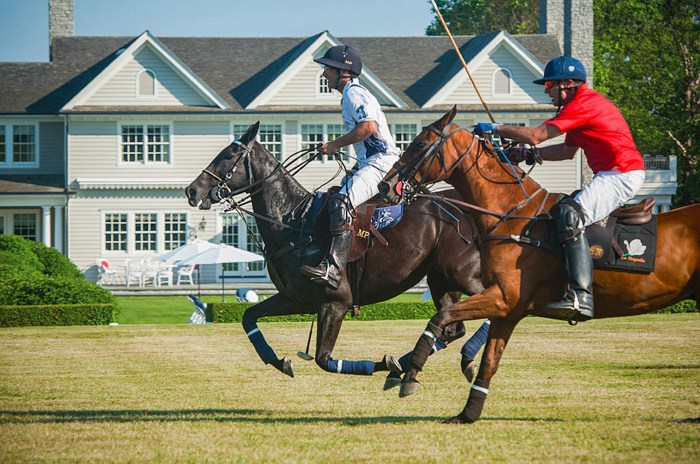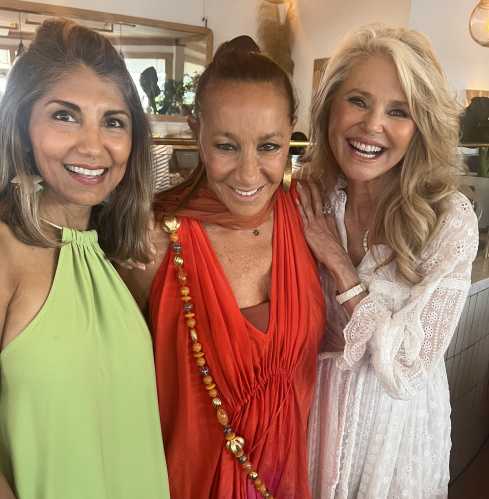For almost seven decades, Leo Adler looked for the cousin he knew only as Lemel, last seen in a Nazi death camp in 1944.
This Lemel, the son of his mother’s sister, would be Adler’s only living close relative. Everyone else died in the Holocaust.
Adler, a Hallandale Beach/Long Island snowbird, couldn’t remember his cousin’s last name, so his searches always hit a dead-end.
But in late February, a friend gave Adler a copy of another South Florida survivor’s memoir. She figured he would be interested because the author, Leon Schagrin, hailed from a town in Poland close to Adler’s native Tarnow.
“Why do I need to read that?” thought Adler, a retired restaurant worker. “I lived it.”
But he began flipping through the book, and there, on page 92, he saw the name Joseph Braw.
Slowly, he read the whole sentence, which had to do with a rabbi blessing the young Leon, his parents’ third, and only surviving, child in the 1920s.
“When he met my parents, he intoned, Chaja Braw, daughter of Joseph Braw of Tyczyn, wife of Henry Schagrin.”
In that moment, Leo Adler’s long search ended. Joseph Braw (pronounced Braff), was his maternal grandfather. Chaja was the sister of his mother, Golda Braw Adler.
The first cousins, who have been talking on the phone daily since the discovery, finally came face to face recently at a luncheon in Tamarac sponsored by Holocaust Survivors of South Florida, the organization that Schagrin, a retired businessman, helped establish 30 years ago.
It was a somber meeting nearly lost in the din of the Diamante Catering ballroom, fraught with memories of cattle cars, death marches and backbreaking labor, of freezing, starvation and sickness, brutality, degradation and loss.
Leo and Leon, both in their 80s, both originally named Lemel for their mutual great-grandfather, clasped hands, re-linking a familial chain that hatred and genocidal violence had all but destroyed.
“This is the second-greatest day of my life after Liberation,” said Schagrin, who spent seven years working with writer Stephen Shooster on The Horse Adjutant: A Boy’s Life in the Holocaust.
Surviving the Nazis
In Israel after World War II, he married Betty Sternlicht, who survived with her two sisters under the protection of German industrialist Oskar Schindler, the subject of Steven Spielberg’s Oscar-winning film, Schindler’s List.
By design, they had no children.
Schagrin grew up in Grybow, in the Carpathian foothills, about 60 miles from Tarnow, knowing far less about his mother’s family than his father’s. The son of a veterinarian/horse trader survived the first phase of his Holocaust journey as a Nazi commandant’s horse-cart driver.
“I was in his town a few times to visit,” said Adler, who is about to turn 90. He was the family’s oldest grandson, born March 24, 1922, five years before Schagrin.
“The only thing I remember when I was in Buna,” a camp in the Auschwitz system, “I recognized him,” Adler said. “Before I even had a chance to say something, he disappeared. I never saw him again. But if you made it as far as Buna, there was a good chance you survived.”
Tattooed on his left arm, the death-camp number 160883, which replaced his identity. Leon long ago covered his, 161744, with a panther.
Her husband looked for his cousin “high and low,” said Rene Adler, born in French Morocco. Married for 60 years, they have two sons, three grandchildren and one great-grandchild.
Both men are longtime volunteer Holocaust educators in South Florida, both close to Rositta Kenigsberg, who heads the Holocaust Documentation and Education Center in Hollywood. She made the connection after Adler called her with the amazing news.
The cousins sat next to each other during the luncheon, poring over Schagrin’s book as well-wishers congratulated them.
“In all these many years, I have no recollection of such a thing happening,” said the organization’s president, Miriam Friedman.
And it is hardly likely to happen again, given the pace at which the remaining survivors are dying. In the 1990s, the South Florida group had 1,500 members. About 400 remain. And each has a story.
Survivors’ memories
Fred Jacobs, the retired butcher from Queens, a winemaker’s son born in Czechoslovakia, weighed 60 pounds when American soldiers liberated him.
“Another four days and I wouldn’t have survived,” he said.
Miriam Field, born in Germany, who ran to the forest with her little brother.
“I saw him killed,” she said — shot as they hid in the bushes.
Dena Axelrod, a Hebrew teacher from Lauderhill, born in 1936, three years before the Nazis invaded Poland, given to a Catholic couple in Warsaw. An older brother found her after the war, and police made the couple give him the child.
Regina Sisun of Hollywood, who gave Schagrin’s book to Adler.
“I could see by their (tattoo) numbers they were very close,” she said. When Alder told her he had found his cousin, she “started screaming.”
There was dancing, sweet sparkling wine, and chopped liver. Impassioned speeches about protecting the State of Israel were given, God Bless America was sung, and “Never again!” proclaimed.
Leo and Leon promised to meet again soon, and to keeping sharing their memories.
“I vowed to my father a long time ago, before he was forcibly taken from our home… that I would tell the story of my life to anyone who would listen,” Schagrin wrote in his book. “Not because I am important, but because if my life story is lost to the ages, then what happened to my family and me could be repeated.”
___
Information from: The Miami Herald, http://www.herald.com
Copyright 2012 The Associated Press.




